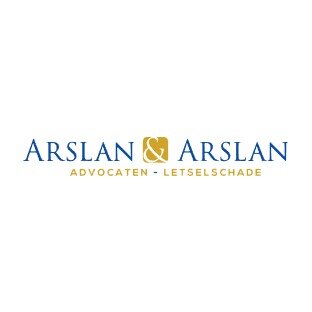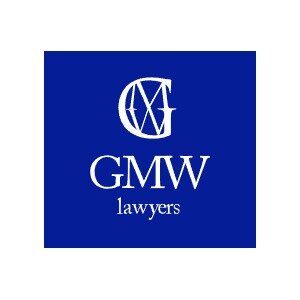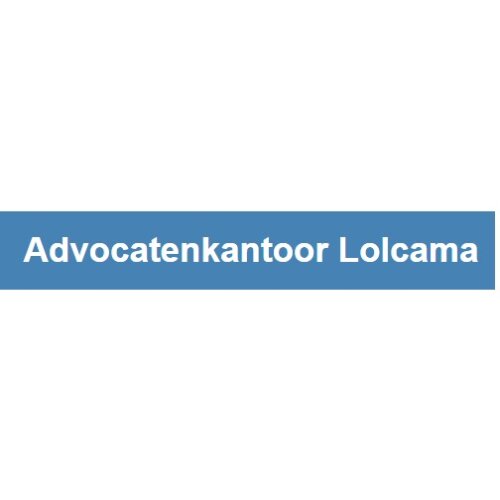Best Corporate Governance Lawyers in The Hague
Share your needs with us, get contacted by law firms.
Free. Takes 2 min.
List of the best lawyers in The Hague, Netherlands
About Corporate Governance Law in The Hague, Netherlands
Corporate governance refers to the system of rules, practices, and processes by which companies are directed and controlled. In The Hague, as in the rest of the Netherlands, corporate governance ensures that businesses are run responsibly, transparently, and in line with the interests of stakeholders such as shareholders, employees, customers, and the wider community. The Hague, being a hub for international business and organizations, places significant emphasis on upholding high governance standards in both large corporations and small-to-medium enterprises.
Why You May Need a Lawyer
There are many situations where seeking legal advice in corporate governance is essential, including:
- Establishing new business entities and ensuring compliance with Dutch company law
- Implementing or reviewing internal governance structures like shareholder meetings, supervisory boards, and executive boards
- Handling mergers, acquisitions, or restructuring that require due diligence and regulatory compliance
- Addressing shareholder disputes or issues with directors’ duties and liabilities
- Complying with regulations on transparency, reporting, and risk management
- Adapting to changes in Dutch or European corporate governance frameworks
- Responding to investigations by regulatory authorities
Local Laws Overview
Corporate governance in The Hague falls under the broader national laws of the Netherlands, with additional influences from European Union directives and international frameworks. Key aspects include:
- The Dutch Civil Code (Burgerlijk Wetboek), especially Book 2, governs structures, duties, and conduct of Dutch legal entities such as BV (private limited), NV (public limited), and foundations
- The Dutch Corporate Governance Code outlines best practices for listed companies, promoting transparency, accountability, and checks-and-balances
- Requirements for maintaining clear separation of management and supervision roles in larger companies
- Obligations for regular financial reporting and disclosure to shareholders and regulatory bodies
- Regulations on director and officer duties, including acting in the best interests of the company and managing conflicts of interest
- Provisions for the protection of minority shareholders and employee participation rights
- Anti-money laundering and anti-bribery compliance requirements for companies operating in The Hague
Frequently Asked Questions
What is the Dutch Corporate Governance Code?
The Dutch Corporate Governance Code contains principles and best practice provisions for good corporate governance for listed companies in the Netherlands. It covers topics such as the role of management and supervisory boards, shareholder rights, and transparency obligations.
Who is responsible for corporate governance in a Dutch company?
The management board and the supervisory board (if appointed) share responsibility for a company's governance. Ultimately, the board members must act in the best interests of the company and its stakeholders.
Are non-listed companies subject to the Dutch Corporate Governance Code?
Non-listed companies are not strictly bound by the Code, but many follow its principles voluntarily. Some provisions also apply through other laws or sector guidelines.
What are the legal duties of directors in the Netherlands?
Directors are required to act in good faith, exercise due care, avoid conflicts of interest, and always prioritize the best interests of the company. They can be held personally liable in cases of mismanagement or breaches of duty.
How are shareholder rights protected in the Netherlands?
Shareholder rights are safeguarded by law, including the right to vote at general meetings, request information, and initiate legal actions if their interests are harmed.
Can employees participate in company governance?
Yes, larger companies are required to have Works Councils, which give employees a voice in certain company decisions and strategic matters.
What is the role of the Netherlands Enterprise Chamber?
The Enterprise Chamber, part of the Amsterdam Court of Appeal, hears disputes related to company governance. It can order investigations, appoint temporary directors, or even dissolve a company if necessary.
What should a company do to remain compliant with governance rules?
Companies should regularly review their governance structures, update statutes and regulations, provide ongoing training for board members, and maintain transparent reporting practices.
How are governance breaches investigated?
Breaches can be investigated by internal audits or external authorities such as the Dutch Authority for the Financial Markets. The Enterprise Chamber can order special investigations at the request of stakeholders.
What happens if a company fails to comply with governance requirements?
Non-compliance can lead to civil liability, director disqualification, regulatory sanctions, and reputational damage. In serious cases, a court can intervene to restructure or dissolve the company.
Additional Resources
If you are looking for more information or assistance, the following organizations and bodies are valuable resources:
- Dutch Authority for the Financial Markets (AFM)
- Netherlands Chamber of Commerce (Kamer van Koophandel, KvK)
- Enterprise Chamber of the Amsterdam Court of Appeal
- Dutch Ministry of Economic Affairs and Climate Policy
- The Hague Business Agency
- Professional legal organizations and bar associations in The Hague
Next Steps
If you need legal assistance with corporate governance in The Hague, consider taking the following steps:
- Assess your specific needs or concerns, such as setting up a business, complying with regulations, or resolving disputes
- Collect all relevant documents, including articles of association, shareholder agreements, and meeting minutes
- Consult a qualified Dutch corporate law attorney experienced with local and EU governance frameworks
- Prepare a list of questions and outcomes you wish to achieve
- Follow up on legal advice with regular reviews of governance structures and practices
Lawzana helps you find the best lawyers and law firms in The Hague through a curated and pre-screened list of qualified legal professionals. Our platform offers rankings and detailed profiles of attorneys and law firms, allowing you to compare based on practice areas, including Corporate Governance, experience, and client feedback.
Each profile includes a description of the firm's areas of practice, client reviews, team members and partners, year of establishment, spoken languages, office locations, contact information, social media presence, and any published articles or resources. Most firms on our platform speak English and are experienced in both local and international legal matters.
Get a quote from top-rated law firms in The Hague, Netherlands — quickly, securely, and without unnecessary hassle.
Disclaimer:
The information provided on this page is for general informational purposes only and does not constitute legal advice. While we strive to ensure the accuracy and relevance of the content, legal information may change over time, and interpretations of the law can vary. You should always consult with a qualified legal professional for advice specific to your situation.
We disclaim all liability for actions taken or not taken based on the content of this page. If you believe any information is incorrect or outdated, please contact us, and we will review and update it where appropriate.












